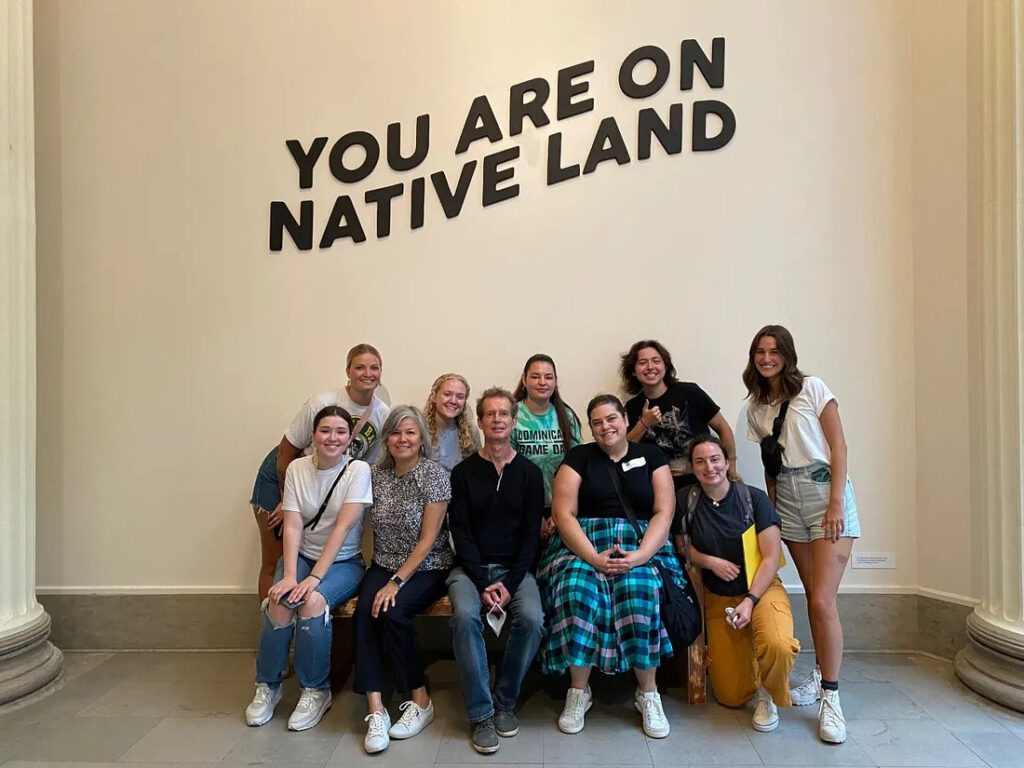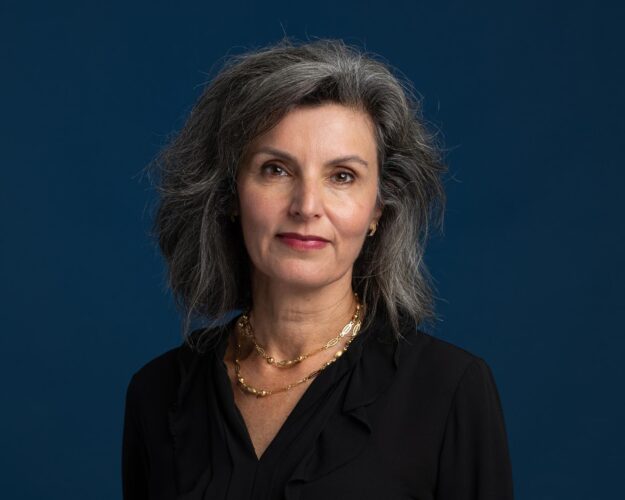This story is the first in a new interview series highlighting a wide range of educators at Marquette, started by Melissa Shew, associate director of Teaching Excellence, and Jennifer Maney, director of the Center for Teaching and Learning.
Hosted through the CTL, this interview series pays special attention to teaching as a profession and vocation at Marquette. All kinds of instructors and faculty will be profiled.
If you would like to recommend yourself or someone you know to be profiled in this series, please send an email with the person’s/people’s name to Shew or email ctl@marquette.edu with the subject line: CTL SPOTLIGHT SERIES. Please provide a brief description about the person (whether you or someone else). After consideration, the CTL will respond to work with the individual or team of educators.
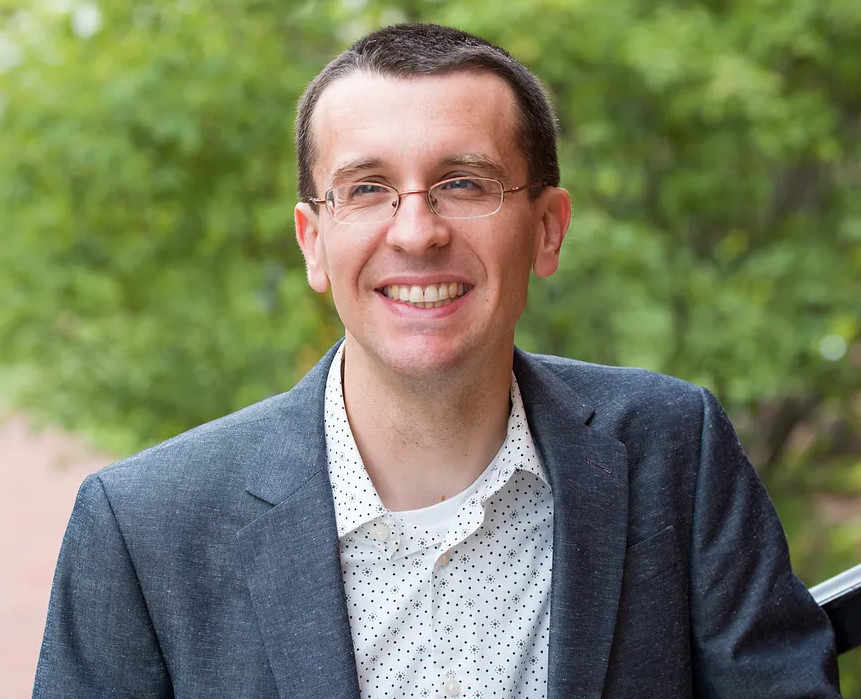
Dr. Bryan Rindfleisch
Associate professor, Department of History
Klingler College of Arts and Sciences
Teaching at Marquette since Fall 2015
If your teaching engages community partners and/or is public-facing, how do you think it contributes to larger social and/or scholarly conversations?
With teaching Native American history and working with Indigenous communities, I have always been humbled by one of my first Milwaukee interactions at the Southeastern Oneida Tribal Services office (SEOTS). I attended a presentation by the Oneida nation’s tribal historian on the Oneida experience during the American Revolutionary War.
After introducing myself during the Q&A, one of the Oneida grandmothers sought me out and told me that I have a grave responsibility as a non-Native person working in American Indian Studies (AIS). She said, “you need to go out there and educate your people about us.”
When it comes to Native American history, most non-Native people have little to no knowledge about our Indigenous brothers and sisters, their histories and struggles. These omissions have been deliberately crafted by the United States since the founding of the nation. If we were required to learn about Indigenous histories, we would need to confront our uncomfortable histories of removal and dispossession, colonialism, immigration, and what it means to live and breathe on former Indigenous land.
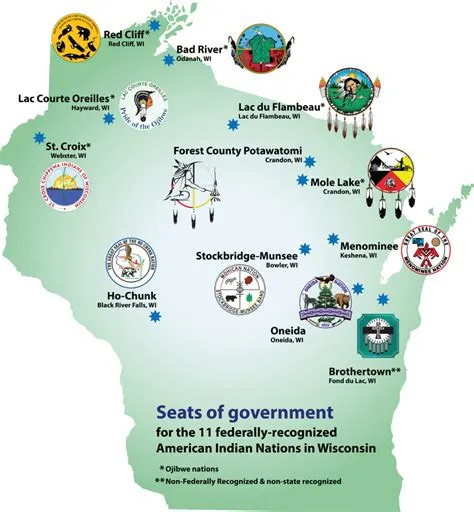
As a result, Native communities have been purged from our collective histories and memories, in effect rendered invisible. Those community members constantly try to educate non-Natives about the simplest of facts and narratives in Native American history. But as that one Oneida grandmother told me, that should be our responsibility, and it continues to be mine to bear for the future. In my classes, I want students to leave with a greater appreciation of how the lands and waters around us, whether in Milwaukee or the United States more generally, have not only been shaped by our Indigenous brothers and sisters, but continue to be shaped by Native communities today.
Who is an educator at Marquette that you admire, and why?
I most admire the work of Dr. Kristen Foster, who is also in the History department.
She taught me, decades ago, what it is to be a compassionate human being inside the classroom, and how to critically think and engage with the world around me.
She has honestly shaped who I am as an educator today. Everyone, please, go take a class with Dr. Foster.
Who are your favorite authors related to teaching?
I would go with Kevin Gannon, professor of history at Queens University of Charlotte (his alias: The Tattooed Professor). Both his innovative approaches to history through digital mediums and his book, Radical Hope: A Teaching Manifesto (2020), inspired me when I was at my lowest as a teacher in the midst of COVID and has continually challenged me to humanize what I teach in the classroom and in my relationships with students.
One of the most valuable lessons from Gannon is to not only remain a lifelong learner, educator and advocate, but to privilege what can bridge our differences rather than divide us, or simply to be compassionate, despite everything and everyone around us telling us to do the opposite. That is “radical hope.”
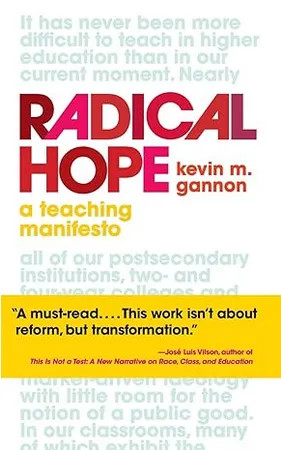
When have you failed as an educator? What does that feel like?
I fail as an educator all the time, whether it is messing up the timeline or in some cases telling students historical inaccuracies or failing to acknowledge students’ humanity. Needless to say, we are all fallible human beings. But it is important, after the fact, to be honest with both myself and students about these occurrences, and model how we all grapple with honesty and truth daily. I don’t have all the answers, and I don’t pretend to (in fact, I probably have very few answers). But what’s important to me is aspiring to do better, despite at times feeling like a failure.
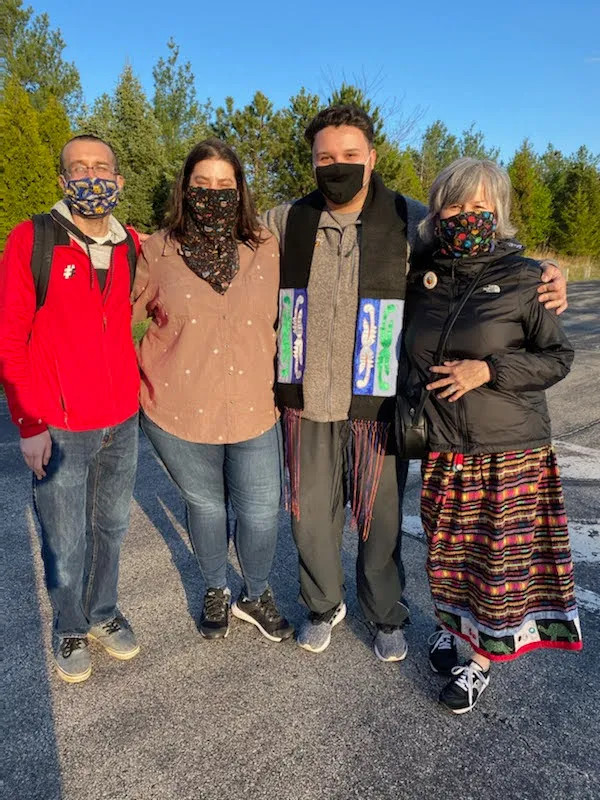
Non-astonishing teaching tip time! Please share one favorite thing you do in class or with your students that you think everyone should try. Limit yourself to three sentences.
As silly as it sounds, I’ve recently started my classes with a self-reflection assignment. Not your cheesy “this is who I am” essay, but a writing exercise designed to challenge students to grapple with who they are in their current moment, why they are at Marquette and chose their particular major/field/discipline, and to ask questions about themselves and what they want to do for the future. More importantly, though, these reflections allow me to connect with my students just a bit more to get into their headspace and understand their hopes and fears, which then informs how I customize the class for the rest of the semester.
